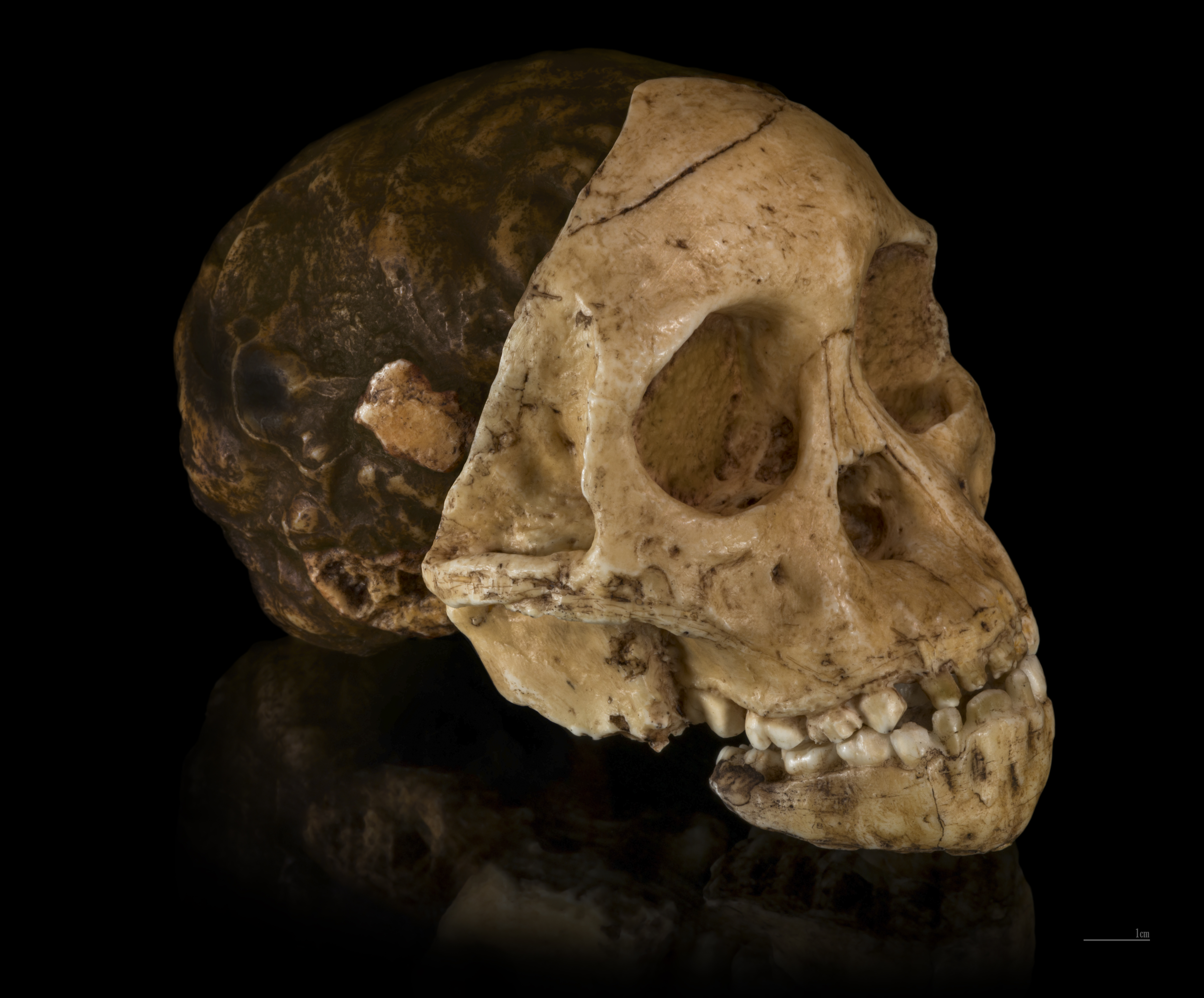
At the Pulitzer Center we like to "apply the long lens" to global stories. Grantee Amy Maxmen's most recent project applies a particularly long one: The senior editor at Nautilus went to Ethiopia to talk with the scientists who trace humanity's origins.
We invited the science writer here to give a lunchtime talk at our office during our inaugural Student Fellows Washington Weekend.
The scientists who work in Addis Ababa, Ethiopia's capital, live in close proximity to some of the oldest human records in the world—but sometimes their electricity goes out. Maxmen, who focused meticulously on the scientific aspects of their research in her piece, told student fellows that she also looked for details like this one and for "personalities [of the scientists], because science is a human endeavor and there are humans behind it.
"I have to remind myself that what makes a good story are the personal details," Maxmen explained. "You don't have to have a Ph.D" to be a science writer, she added. (She happens to have one). Maxmen said she "crammed in a lot of learning about evolution pretty quickly" before she left.
"It's really a privilege to get to write stories that I love," Maxmen said.
Watch Maxmen's presentation and her conversation with the Pulitzer Center student fellows.



